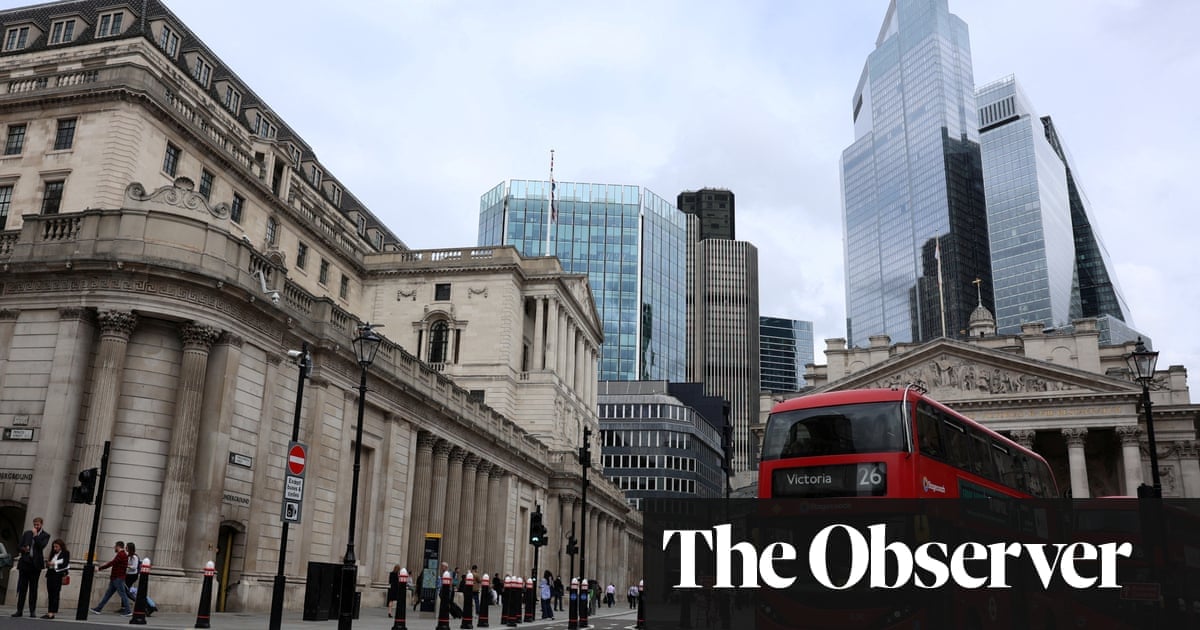But, 16 years (after the 2008 crisis), some experts believe new risks are emerging. And this time, they are linked to highly indebted companies backed by private equity firms, which are part of the growing but opaque portion of the financial system known as the shadow banking sector. Shadow banking refers to financial firms that face little to no regulation compared with traditional lenders, and includes businesses such as hedge funds, private credit and private equity funds.
While the use of securitisation dipped in the wake of the 2008 financial crisis, as a result of a tarnished reputation and regulatory backlash, its popularity has subsequently risen. Today, the global securitisation market covers about £4.7tn of assets, according to estimates by analysts at RBC Capital.
In this public market, bundled loans are rated by credit rating agencies and sold on to a broad range of investors, and their terms, structure and sales are openly disclosed. These are the routes typically taken by traditional banks, which face far more stringent regulation. The remaining £120bn is made up of securitised loans bundled up by the shadow banking sector. Private securities are sold directly to a limited pool of sophisticated investors. They are less regulated, need not be reviewed by ratings agencies, and are far more opaque.



I believe it was just one of them, a free trading platform (Robin Hood?) that made its money by selling its trade stream before it could be executed (which means they can make free money by exploiting inefficient trades, at the expense of clients of the platform). It was pressured by the company that buys that trade data to halt buys.
Since a large portion of the people buying shares were on that platform, the whole thing lost momentum (when it was on the way to paying off). Though, if it had been allowed to continue, it might have broken the entire economy because the short squeeze didn’t have a maximum on the amount those betting against GME could lose and such scenarios end up in a vicious cycle where price just keeps going up because there’s an obligation to buy shares (to cover in the case of calls or back in the case of short selling).
Previous successful short squeezes (eg: Porsche) only ended when the entity doing the squeeze negotiated a way out for the shorters. But in GME’s case, it was a crowd sourced squeeze where everyone wanted their lambos as a result and weren’t going to negotiate but each choose at what price they were willing to be bought out.
What it should have done was cause some investigations about how funds operate and lead to some big changes in how funds and trading platforms handle short selling (in this case, they had oversold the number of outstanding shares, meaning there weren’t enough shares to ever cover if the short was squeezed, and calls that market makers just kept selling multiplied that).
Instead there were a few senate hearings and then it fizzled out. I don’t recall any actual changes resulting from it. Many tried to blame the public doing the squeeze because they weren’t rich enough to exploit the system or something.